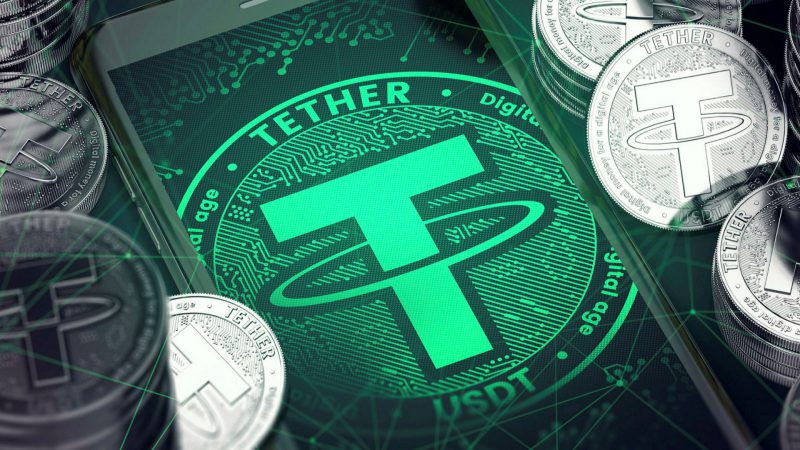A recent Financial Times report brought to light that Tether has held a part of its reserves at a small bank in the Bahamas called Capital Union.
Since the beginning, the stablecoin issuer has out-rightly denied revealing the location of the assets that back its Tether. Time and again it has been cited that as a private company, it is not bound to reveal information with respect to its financial partners.
Per Financial Times, Capital Union said “the only information we make publicly available about our company is contained in the annual report” on its website, while Tether did not comment on its relationship with the bank.
However, it is worth recalling at this stage that Tether had previously disclosed that it had a banking relationship since 2018 with another Bahamas bank, Deltec Bank & Trust.
And now, in an interview with the Financial Times this month, Tether’s Chief Technology Officer Paolo Ardoino went on to bring to light that most of the company’s liquid reserves, cash deposits, were held at two Bahamas banks. He was also quoted saying that Tether had “strong banking relationships” with “more than seven, eight banks across the world.”
Per the report’s sources, Capital Union was another Bahamas bank that Tether had used. The boutique bank was founded in 2013 and had assets of $1bn as of the end of 2020. The bank’s chair, Lonnie Howell, had notably co-founded EFG International, a publicly-traded Swiss bank.
With respect to the percentage of the reserve held, FT highlighted,
“It is unclear exactly how much of Tether’s reserves have been held through Capital Union, or when the relationship began. Chalopin in a 2021 interview with Bloomberg said Deltec held only about a quarter of Tether’s reserves, then about $15bn, in the form of cash and low-risk bonds.”
Well, to honor USDT’s tokenomics it is quite essential for the British Virgin Island registered company’s liquidity and reserves to be intact. So, even though the amount remains undisclosed at this stage, security of the same ought to be the top priority.





